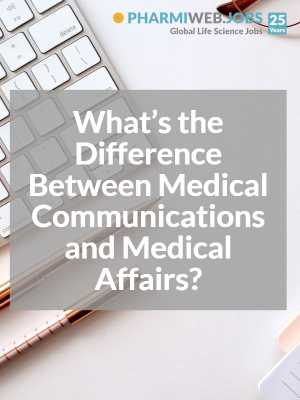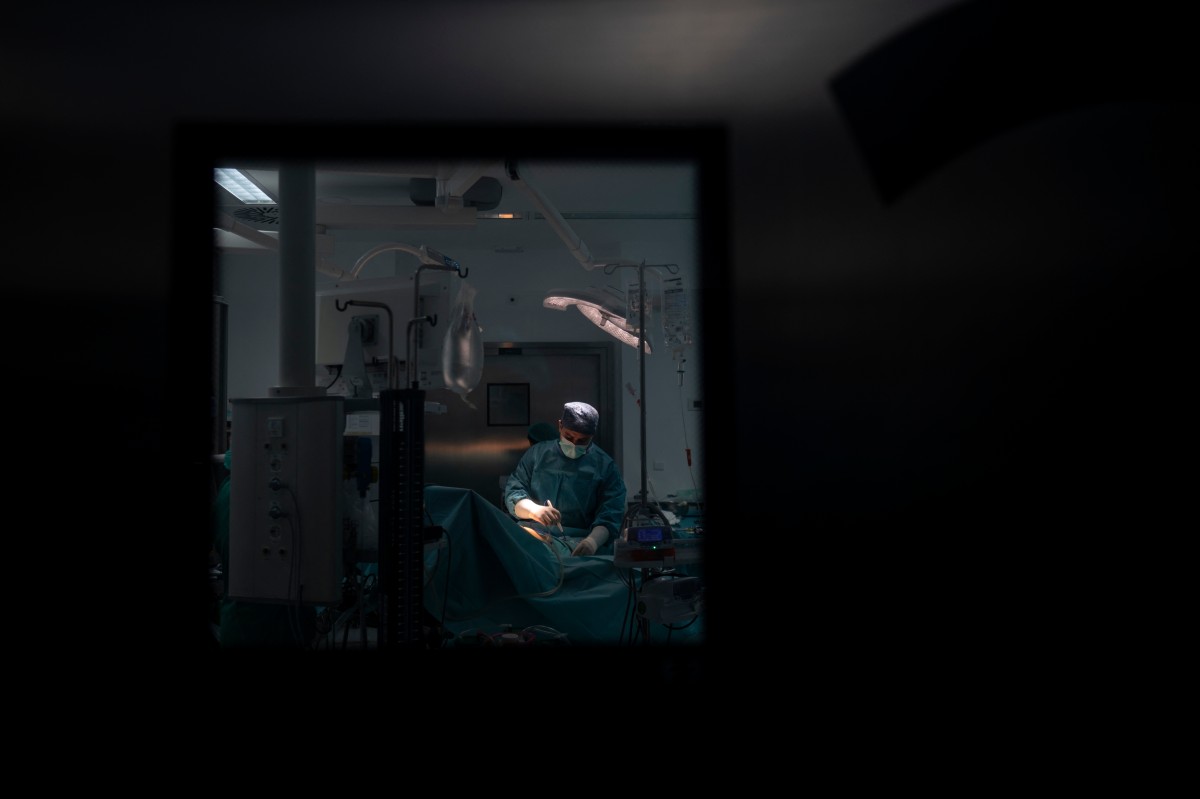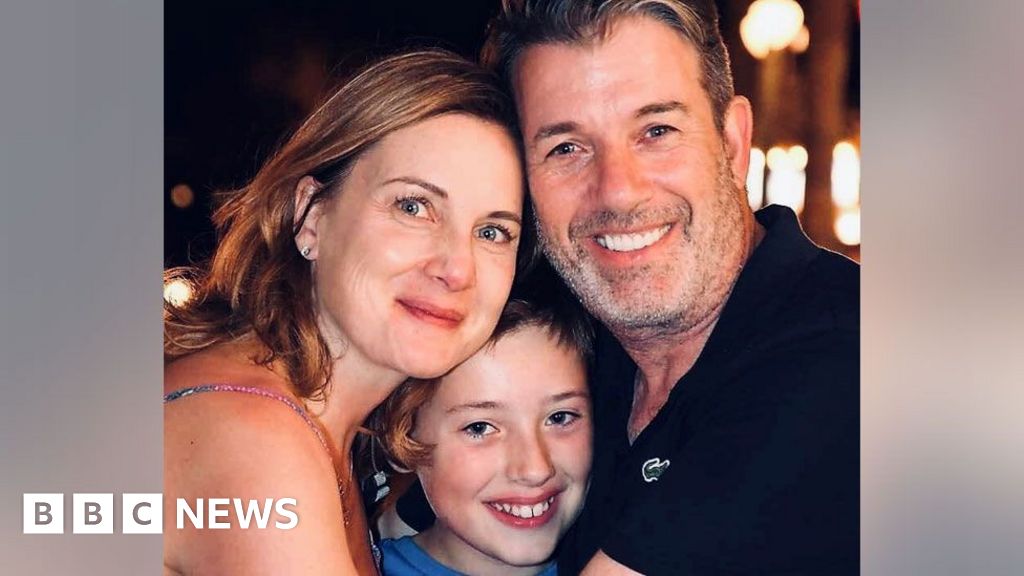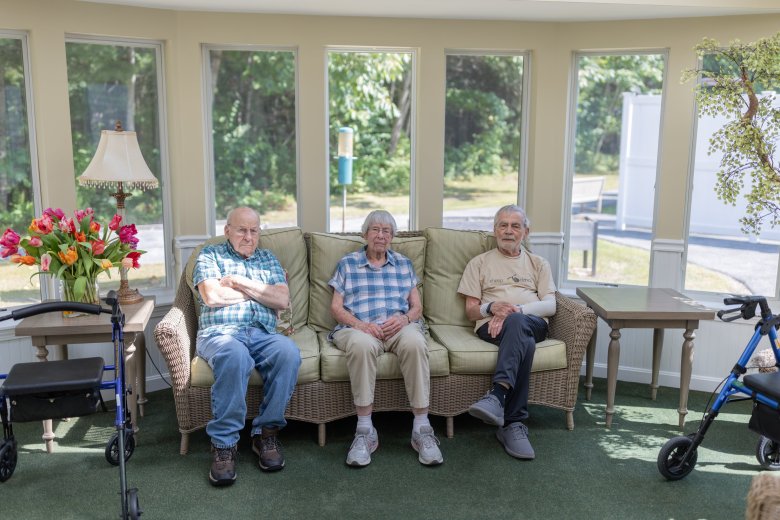Stronger communication and access to health info top safety priorities for UK patients, survey reveals

Unclear, inconsistent or delayed communication is adversely impacting patient health, with 61 per cent of patients reporting that their mental health has been negatively affected, a new survey has revealed.
The survey of 2,000 UK patients was commissioned by EHR and practice management platform, Semble.
Poor communication – which is often out of clinicians’ hands due to administrative constraints – can lead to a lack of engagement and fundamentally highlights a critical gap in trust, which is core to patient safety.
Christoph Lippuner, CEO and co-founder of Semble, said: “Patient safety is fundamentally about preventing harm.
“Building real trust and openness between patient and clinician is a crucial part of that – and something that patients are telling us they want more of.”
Patients want more time, trust and transparency
Poor levels of communication don’t just frustrate patients, they compromise overall safety and undermine the proven benefits of involving people in their own care.
Lack of communication can quickly erode trust, and the survey shows where this leads: more than a third of patients (38 per cent) feel uncomfortable raising information they’ve found online with their clinician, while only 13 per cent feel “very comfortable” doing so.
Without open dialogue, patients risk leaving concerns unaddressed and misinformation unchallenged.
When asked what would improve their safety as patients, the majority emphasised simple but vital priorities.
Indicative of today’s patients’ want and need for a partnership, top of the list was the ability to ask questions at any time (63 per cent), followed by access to medical information on demand (51 per cent).
Clear guidance on side effects or warning signs was also highly valued (51 per cent), along with timely reminders about follow-up care (44 per cent).
When asked how collaboration could be improved, more time in consultations (31 per cent) topped the list, followed by opportunities for follow-up (26 per cent) and easier access to data (25 per cent).
Consultant cardiologist Dr Matt Balerdi, of Humber Health Partnership NHS, as well as Spire and Bupa, said: “For me, patient safety is inseparable from trust.
“It’s about doing what you say you’re going to do, when you say you’re going to do it.
“Semble enables me to keep those promises – and patients notice.
“They feel supported, and that sense of security is fundamental to safe care.”
Patients call for support for safer healthcare
Looking ahead, patients identified clear priorities for making healthcare safer over the next five years.
The strongest response was a call for better staffing levels to reduce workload and minimise errors (26 per cent).
This was followed by using technology for earlier problem detection (18 per cent), supporting the current shift towards preventative healthcare, and by improving patient–staff communication through digital tools (16 per cent).
Lippuner said: “When technology works quietly in the background, it gives clinicians more time to focus on their patients.
“This highlights an important chance to improve safety by providing tools that free up time for better communication.
“To achieve this, healthcare professionals need systems they can trust, not just to protect data, but to support daily tasks that make quality care possible.
“Patient safety means preventing harm, but also building trust, and the right tools help keep human connection at the centre of care.”
Learn more about Semble here.

link







